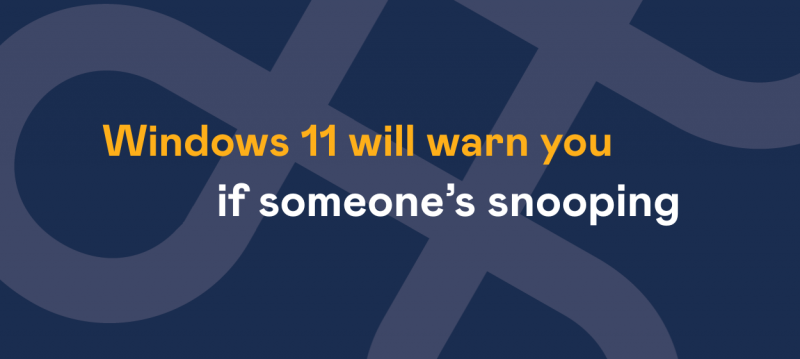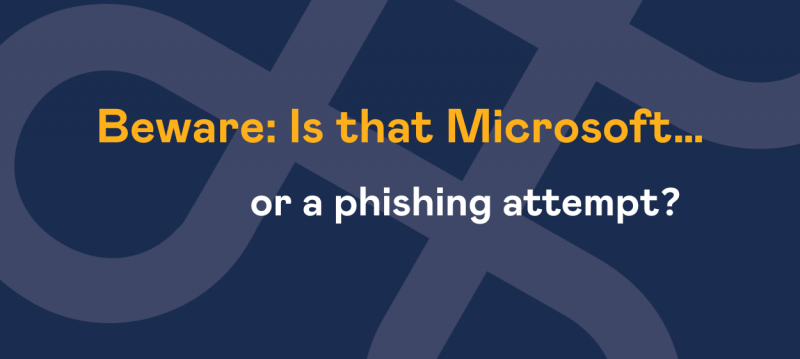New research has uncovered that a whopping 86% of employees are confident that they would be able to avoid falling into that trap.
Which begs the question: why have over 50% of employees been caught out by some form cyber attack before?
The answer is simple – over confidence.
Phishing emails aren’t a new thing, far from it. They’ve been in circulation since the 1990s, when scam emails trying to steal your personal data first made their way to our screens.
At their very core, phishing emails still have the same objective today as they did in the 1990s.
They want to trick you into thinking their email is legitimate, lure you into clicking a dodgy link or attachment, and encourage you to do something you wouldn’t normally do or hand over sensitive personal information. Your name, your passwords, your bank details.
We all know what a phishing email is. We’ve all received them. We all know what it’s trying to do, how it might look and the dangers they pose.
So, how, and why, do people still fall for them?
It’s this sense of understanding that gives people a false sense of security. The time you think you can spot one and are safe, is the time you’re most at risk.
Phishing emails don’t discriminate. They are vast and relentless, and target anyone with an email address. They are smart. They have evolved. To add to the threat, they’re even harder to spot than ever before.
Think you know what a phishing email looks like? Think again.
Phishing emails in 2025 look like exact replicas of official emails you receive from a business. They are sophisticated and tactically astute.
The email addresses they are sent from are nearly a direct match. The telephone number they ask you to call them on may only be one digit off. The design and format of the email looks spot on.
Do not fall into the trap of thinking you can avoid phishing emails. They will continue to develop. If you switch off, you will be punished!
Remaining vigilant is key to keeping the risk low.
Keep on top of phishing email awareness training, remind your team of the constant dangers. Make sure that they report anything suspicious and ensure that cyber criminals don’t gain the upper hand.
True cyber security isn’t just a piece of software or the latest tool. It’s a mindset…a culture that every business must commit to.
For more information about the support Affinity can provide your team, please click here.


